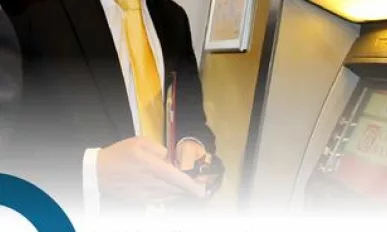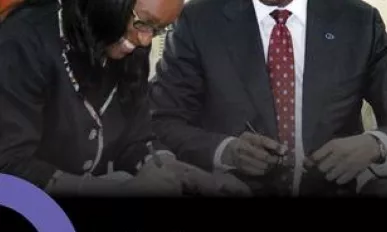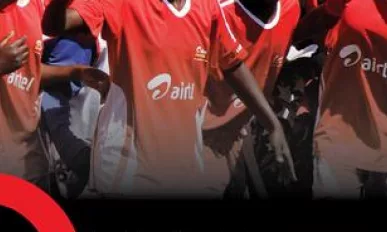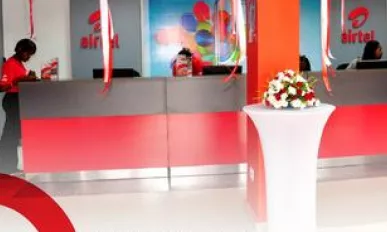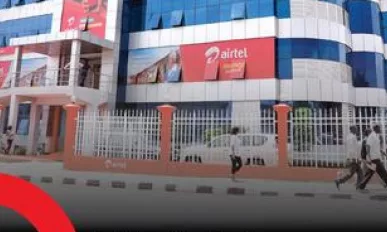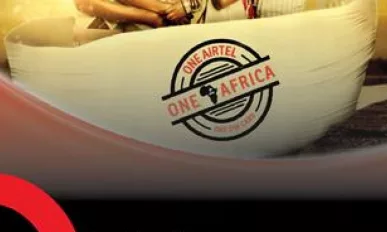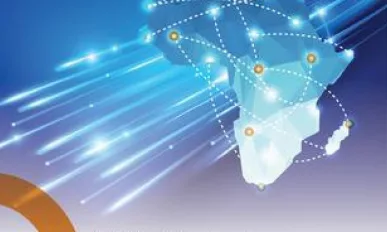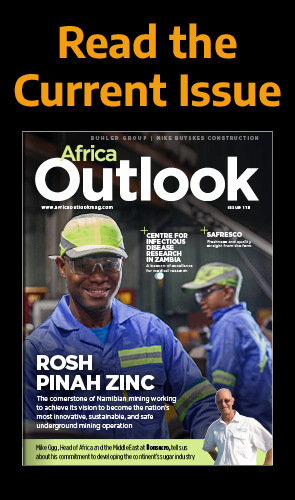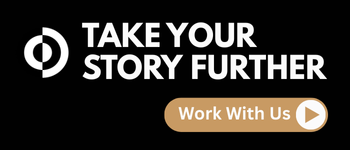Soliton Telmec : Building Networks for Life
Soliton Telmec works across the entire East Africa telecommunication engineering ecosystem from conceptual design and needs analysis, to maintenance and service connection.
MTN Uganda : A Mobile Revolution
With the continued success of MTN Uganda due to its services and a loyal customer base, the future looks increasingly bright for the company.
Computer Warehouse Group : Africa’s ICT Entrepreneurs
Africa Outlook hosted a Q&A with Austin Okere, Chief Executive Officer of Computer Warehouse Group (CWG) PLC and Entrepreneur in Residence, Columbia Business School, New York.
Business Connexion Zambia : Connecting Zambia
With a focus on delivering the Connective Intelligence™ value proposition, Business Connexion are bringing cloud computing to Zambia.
Smart Telecom : Realising East Africa’s Potential
With huge support from the AKFED, Smart Telecom East Africa has a reputation for providing innovations to the telecoms sector.
Airtel Zambia : Interview with Charity Chanda Lumpa
Africa Outlook spoke to the first female and Zambian Managing Director for Airtel Zambia, Charity Chanda Lumpa.
Airtel Uganda : Realising East Africa’s Potential
With acting MD Arindam Chakrabarty in post, Airtel Uganda have witnessed continuous steady growth in the telecoms and ICT industry.
Airtel Rwanda : Always Available, Always Affordable
Airtel Rwanda has doubled their customer base as a result of their selling points: affordability, innovativeness and high quality internet.
Airtel Malawi : Technology at your Fingertips
Airtel Malawi has the brand strength and customer awareness to ensure that their services and products will always be at competitive prices.
Mitsumi Distribution : Africa’s Fastest Growing IT Distributor
The regional geographical coverage and extensive customer base of Mitsumi Distribution has made the group the largest and fastest growing distributor in Africa.




